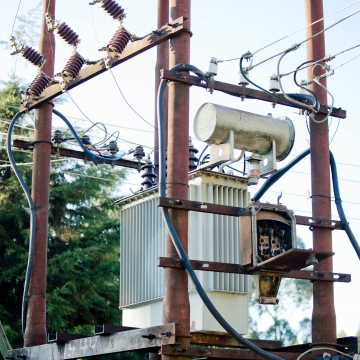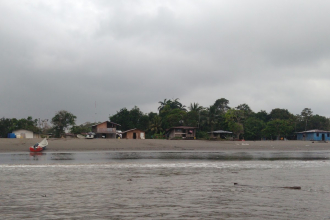Grid electrification should be combined with complementary infrastructure for greater social and economic benefits
Key findings:
While electricity is a key to economic development, nearly 600 million people in sub-Saharan Africa live without electricity.
This study analyses the socioeconomic benefits of electrification in Uganda.
The findings show that grid connectivity increases the number of work hours, female employment, household expenditure (meaning that the household is able to buy more of the goods that it needs), and key educational outcomes.
Furthermore, the benefits from grid connectivity increase with time.






